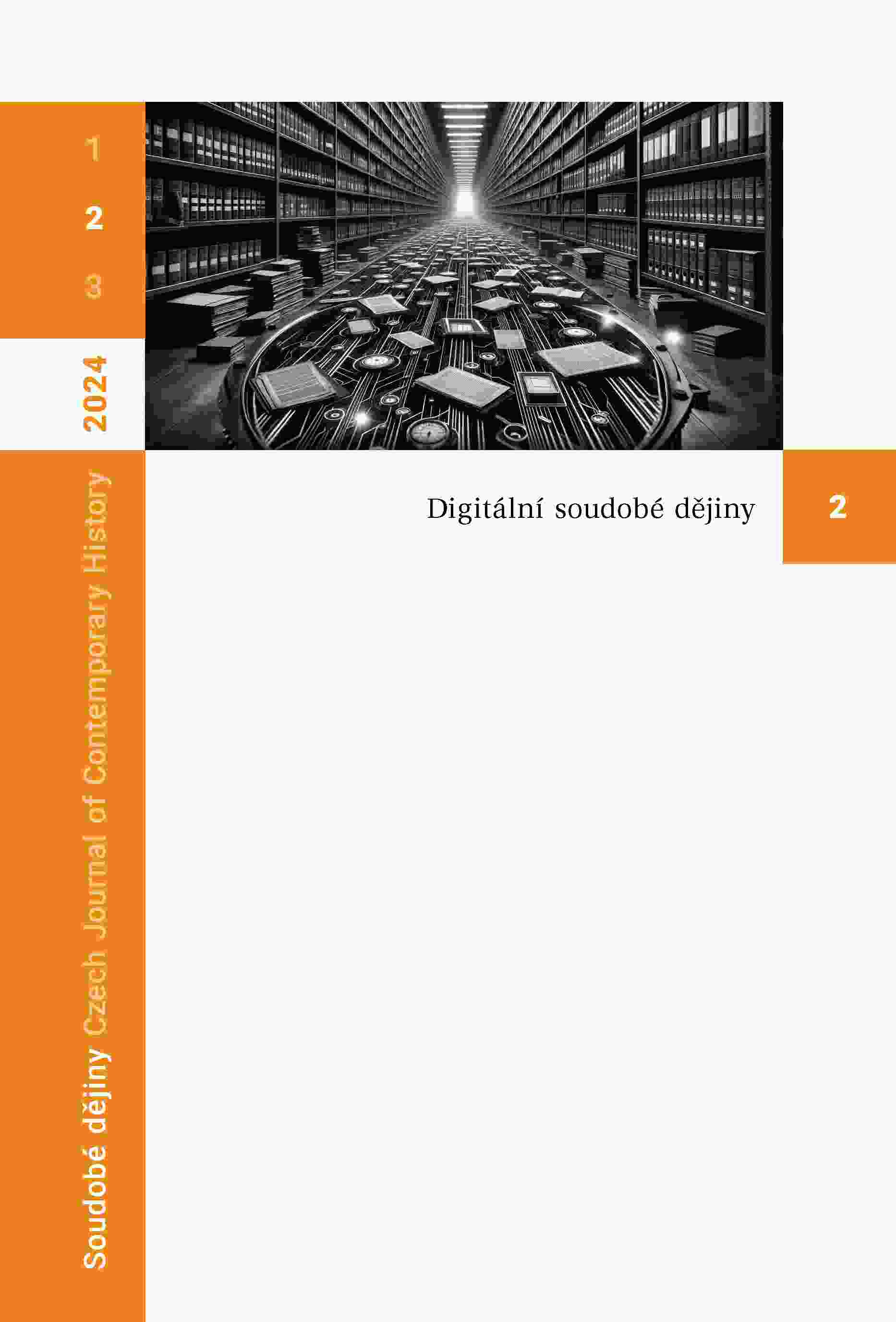Chápavý soudce, jenž nevynáší rozsudek
An Understanding Judge Who Doesn’t Judgment
Author(s): Milena BartlováSubject(s): History, Military history, Political history, History of Communism, Fascism, Nazism and WW II, Book-Review
Published by: AV ČR - Akademie věd České republiky - Ústav pro soudobé dějiny
Keywords: František Kriegel;Czechoslovakia;communist movement;Communist Party of Czechoslovakia;Spanish Civil War;Second World War;political trials;healthcare;Prague Spring;Czechoslovak normalization;dissent
Summary/Abstract: The Czechoslovak communist politician and physician František Kriegel (1908–1979), to whom Martin Groman has dedicated the voluminous biography "Kriegel: Voják a lékař komunismu" [Kriegel: Soldier and Doctor of Communism], had an extraordinary career. He was born into a Jewish family in the town of Stanislavov in the Austrian part of Halych (today’s Ivano-Frankivsk, Ukraine). He studied medicine in Prague and joined the Communist Party. He led an international medical team in the Spanish Civil War and served in a similar capacity in China and Burma during the Second World War. On his return to Prague, he was involved in the Communist coup within the party apparatus and then became Deputy Minister for Health. He escaped the political trials of the 1950s but was deposed from his functions and worked as a general practitioner. In the early 1960s, he served as a medical advisor to the Cuban government. His career then rose again, and during the Prague Spring he became a member of the Presidium of the Central Committee of the Communist Party and Chairman of the Central Committee of the National Front. His “moment of glory” came in August 1968, when he was the only one of the abducted Czechoslovak politicians to refuse to sign the so-called Moscow Protocol, which legalized the terms of the Soviet occupation. He was then gradually stripped of his posts and excluded from public life. As a dissident, he was one of the first signatories of Charter 77. The reviewer compares Groman’s work with several recent Czech biographies of communist politicians and credits him not only with historical erudition, but also with a skilful use of language, the ability to construct a coherent textual whole, and an unorthodox, hitherto critical use of State Security (Státní bezpečnost, StB) documents in an attempt to understand and contextualize the thinking and actions of a man who today appears both as a sympathetic hero and an ideological enemy. She describes Groman’s implicit methodological approach as a critical transformation of historical narrative and his authorial position as an “understanding judge”. She sees an important contribution to the biography in the author’s treatment of the concept of life roles, among which, however, the role of functionary is missing, along with that of “soldier” and “doctor”. This is overlaid with Groman’s emphasison Kriegel’s idealism as a lifelong ethos.
Journal: Soudobé Dějiny
- Issue Year: XXXI/2024
- Issue No: 2
- Page Range: 522-526
- Page Count: 5
- Language: Czech

